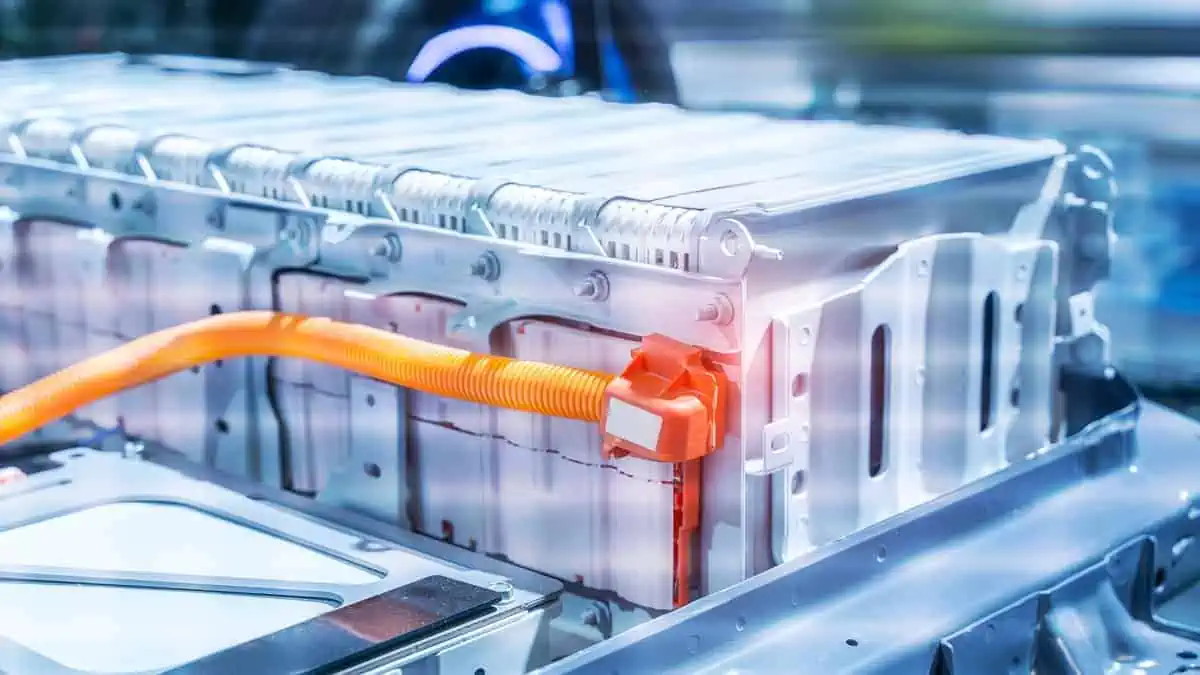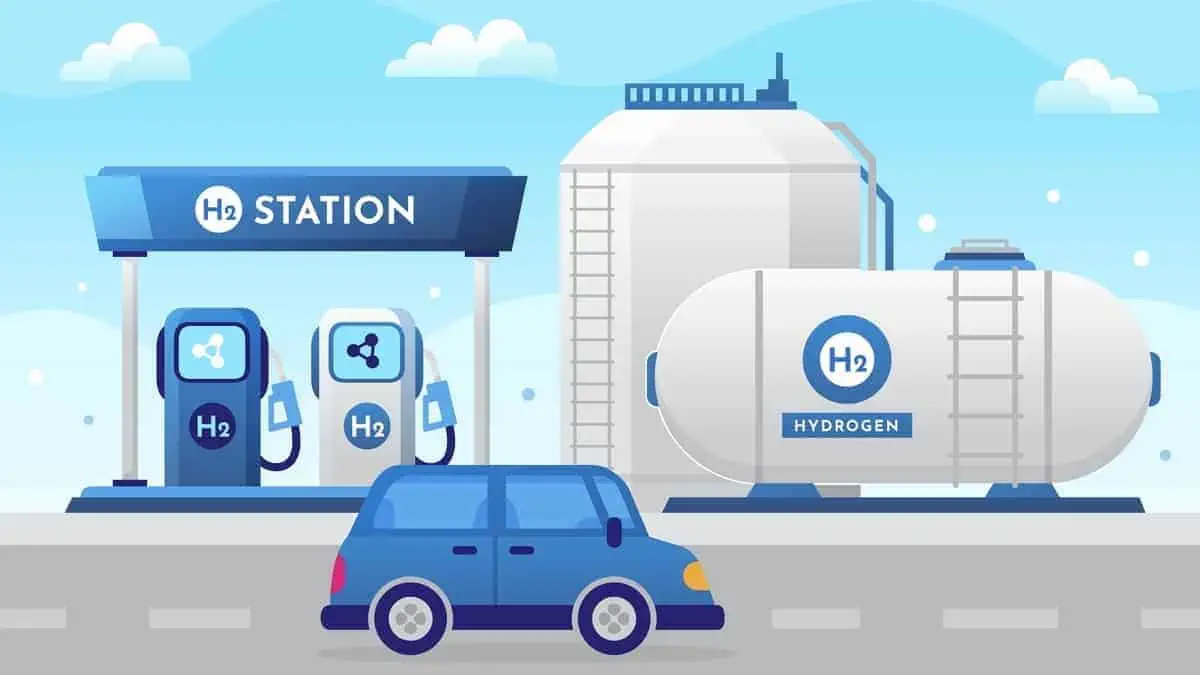European researchers claim to have achieved a new charging breakthrough, which can significantly improve li-ion batteries‘ durability and prolong service life.
Experiment
Researchers from the Helmholtz Centre Berlin and Humboldt University, in partnership with TU Berlin and Aalborg University, have discovered a new charging protocol that may soon replace the conventional practice.
The study, which was also published in Advanced Energy Materials, focuses on extending li-ion batteries‘ service life in electric vehicles.
As part of the experiment, the researchers examined a new protocol called “pulsed current (PC) charging.” Unlike the traditional practice of utilizing constant current flow that apparently accelerates battery aging, the new approach alternates high-frequency energy bursts while charging.
The researchers subjected commercially available NMC532 battery cells with graphite anodes to traditional constant (CC) charging and pulsed (PC) charging.
Charging Breakthrough
The experiment revealed that battery cells charged using the traditional constant current approach have thickened solid electrolyte interfaces (SEI) at the battery anode. Moreover, their electrodes also showed structural damage. As per the study, these factors cause reduced battery capacity over time.
On the other hand, battery cells charged via the new pulsed current protocol displayed a thinner SEI interface. It also had fewer structural changes, which the researchers claim can enhance battery durability.
Pulsed Current Charging Advantages
Apart from showing a thinner SEI interface and fewer structural changes, Helmholtz Centre’s ‘BESSY II’ facility researcher Yaolin Xui further unveiled that pulsed current charging enables a more consistent lithium ion distribution in the graphite. It apparently lowers the battery’s mechanical stress, which preserves electrode stability. The researcher used advanced approaches such as Raman spectroscopy and X-ray absorption spectroscopy to uncover these findings.
The team also discovered that pulsed current charging’s effectiveness highly relies on frequency. Higher frequencies reportedly deliver the most significant advantages, which can increase battery cycle life by twofold with up to 80% capacity retention.
The new pulsed current charging approach can aid battery makers and electric automakers improve li-ion batteries’ longevity and reliability, paving the way for longer-lasting EVs across the world.






